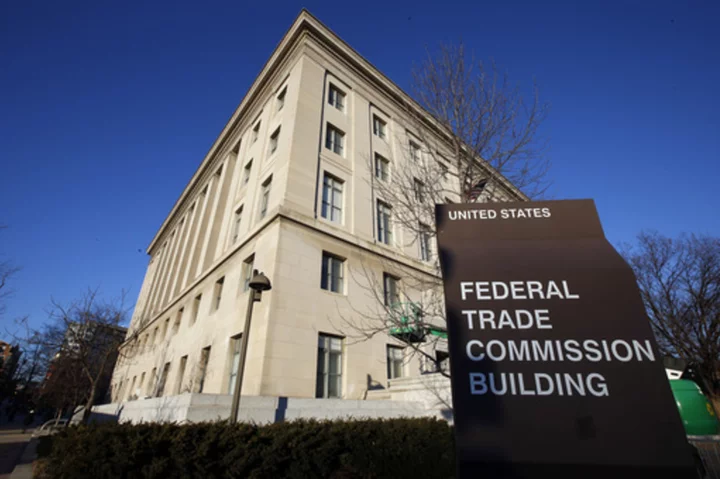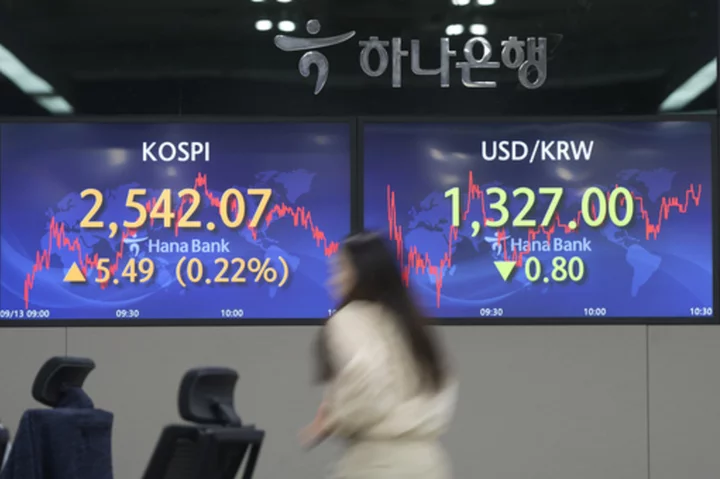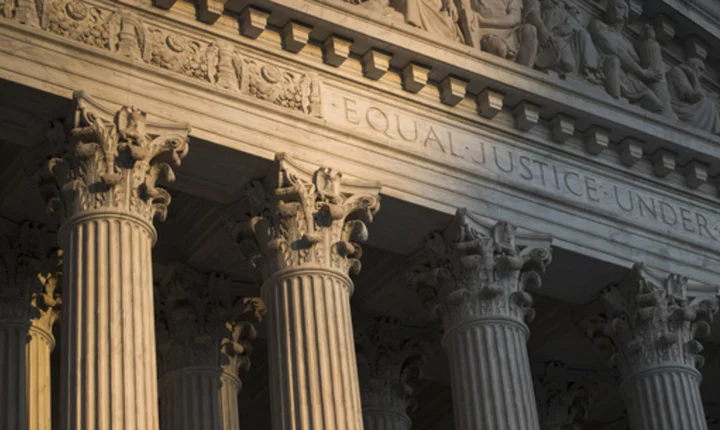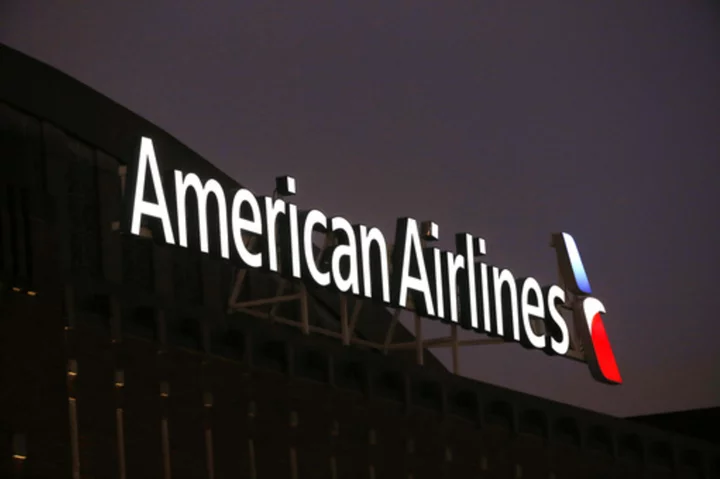The Federal Trade Commission has sued to block Microsoft from completing its deal to buy video game company Activision Blizzard, the latest antitrust challenge to the proposed merger but one that could hasten a conclusion to the drawn-out dispute.
The FTC's Monday filing in a San Francisco federal court seeks a temporary restraining order and injunction to stop Microsoft's $69 billion purchase of the California company behind hit games such as Call of Duty, World of Warcraft and Candy Crush.
Microsoft, maker of the Xbox game system, has been struggling to win worldwide approval for the deal with just over a month before the deadline to close it, according to the contract it signed with Activision. While a number of countries have approved the acquisition, regulators for two important economies — the U.S. and the United Kingdom — have argued it could suppress competition in the video game market.
“We welcome the opportunity to present our case in federal court," said a statement Monday from Brad Smith, Microsoft's vice chair and president. “We believe accelerating the legal process in the U.S will ultimately bring more choice and competition to the market.”
Activision CEO Bobby Kotick in a letter to employees also characterized Monday's FTC filing as a ”positive development" because the companies would be able to more quickly present their arguments to a federal judge.
The FTC already took Microsoft to court last year to block the merger, but that case was brought to the U.S. agency's in-house judge in a trial set to start on Aug. 2. That administrative process didn't preclude the parties from closing the deal.
The contract between Microsoft and Activision says the deal is supposed to close by July 18, but the FTC's latest action seeks to stop that from happening. If Microsoft closes the deal now, and an FTC judge later finds that it was unlawful, it “would be difficult, if not impossible” to reverse course, the FTC said in asking a judge for a preliminary injunction halting the acquisition.
For example, the FTC said, the combined companies could begin altering Activision’s operations and game development, access sensitive information and eliminate key personnel.
“Microsoft and Activision Blizzard have represented in the past that they cannot close their deal due to antitrust reviews of the transaction in other jurisdictions," the FTC said in a statement Monday. "But Microsoft and Activision have not provided assurances that they will maintain that position. In light of that, and public reporting that Microsoft and Activision Blizzard are considering closing their deal imminently, we have filed a request for a temporary restraining order to prevent them from closing while review continues.”
One of Microsoft's thorniest obstacles is in the U.K., where antitrust regulators made a surprise decision this spring to block the acquisition.
The all-cash deal announced in January 2022 has been scrutinized by regulators around the world over fears that it would give Microsoft and its Xbox console control of Activision's hit franchises and give it an unfair boost in the emerging business of cloud-based game subscriptions. It could be the priciest tech industry merger in history.
Fierce opposition has been driven by rival Sony, which makes the PlayStation gaming system.
Microsoft sought to counter the resistance by striking a deal with Nintendo to license Activision titles like Call of Duty for 10 years and offering the same to Sony if the deal went ahead.
European regulators representing the 27-nation bloc approved the deal last month on condition that Microsoft make some promises meant to boost competition in the cloud-based gaming market. A number of other countries, including China, Japan, Brazil and South Korea, have also approved it.
But the blockbuster deal has remained in jeopardy because of the decision by the U.K.’s Competition and Markets Authority and the ongoing case in the U.S.
Microsoft in late May filed an appeal of the British regulator's decision and has voiced strong public opposition directed at top government officials. If Microsoft were to close the deal without Britain's approval, it could face new legal challenges there or possibly decide to suspend its broader game business in the country.
U.S.-based consumer advocacy group Public Citizen, an opponent of the deal, welcomed the FTC's move Monday.
“Microsoft is pushing to culminate the purchase of Activision before the agency can finish its process," said a statement from Public Citizen's competition policy advocate Matt Kent. ""By filing in federal court to enjoin the transaction, the FTC is showing that it won’t back down in the face of Microsoft’s escalatory tactics.”









